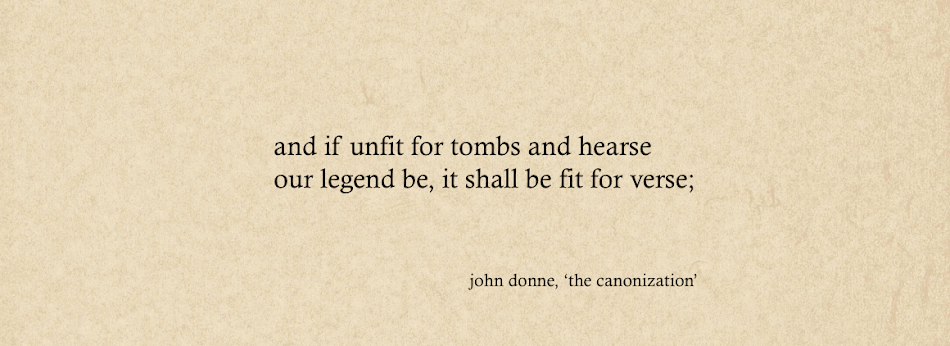(And I really don't know why people keep quoting it. For a more direct biblical instruction about 'unequally yoked' relationshhips, you could also refer to 1 Cor 7:12-16.)
It's as simple as this.
Christians, by definition, put themselves - their lives, bodies, identities - under the loving lordship of Christ.* They recognise that their lives and bodies were created by God for a certain purpose. The Christian's life is no longer their own, and the authority over them and their bodies is God, the Creator and Father.
The Christian recognises that the marriage union of man and woman acts as a window into the union of Christ and the Church. The Christian's marriage is supposed to emulate the love relationship between Jesus and His beloved. To the non-Christian, this does not make sense, because the non-Christian does not know Jesus or understand His love. The Christian idea of marriage does not make sense to the non-Christian, just as the Christian life does not make sense to the non-Christian, simply because the non-Christian does not know Christ.
(This is why non-Christian marriages are entitled to do as they please. To the non-Christian, marriage is a cultural symbol whose meaning and function change with the times; in today's age, where marriage and relationships are premised on the feeling of love, they should be able to marry whomever they love. And they should. Why do we attempt to impose the Christian idea of marriage on the non-Christian? What's the point? Sanctified lives are a response to Jesus' love, and don't make sense apart from it.)
What I'm trying to say is that marriage means something completely different to a Christian and to a non-Christian. To a Christian, the function of marriage is to emulate - and point to - the divine love relationship between Christ and the Church. To a non-Christian, marriage has served a myriad of functions over the centuries. To keep wealth within the family name, to establish households... in this age, it's often little more than a symbol of love.
If a Christian's idea of marriage points to Jesus through the couple and a non-Christian's idea of marriage points only to the couple, i.e. their fundamental views on marriage are very different, a Christian and non-Christian may unite themselves under a marriage pact, but have extremely different terms and assumptions inwardly. One's authority over the marriage is Christ; one is each other. How can one unite themselves so profoundly with another when their understanding of this unity is so different?
-
Of course, there are a whole host of other reasons against the uniting of souls between a Christian and a non-Christian. In my view, how can I so profoundly unite myself with someone who cannot share my greatest joy, my deepest love, and the core of my identity? Etc etc, perhaps one day I'll have the time for a longer blog post.
* I know a lot of people who call themselves Christian don't practise these things in real life. I'm not concerned with those people. A Christian is by definition a "little Christ". A true follower of Christ is led by Him.
